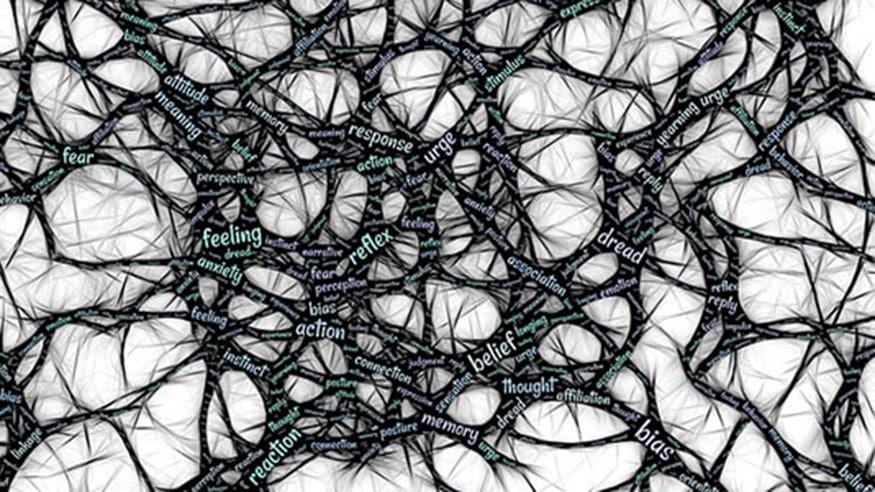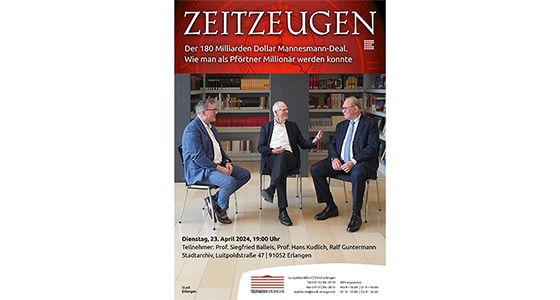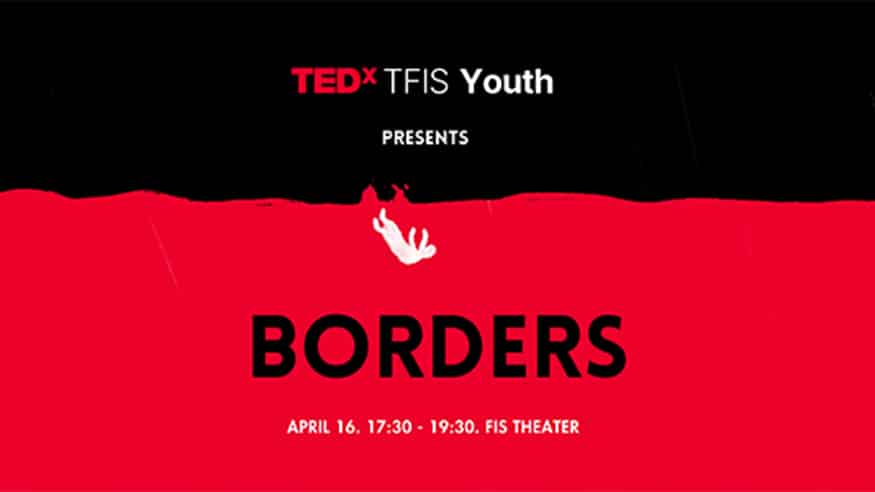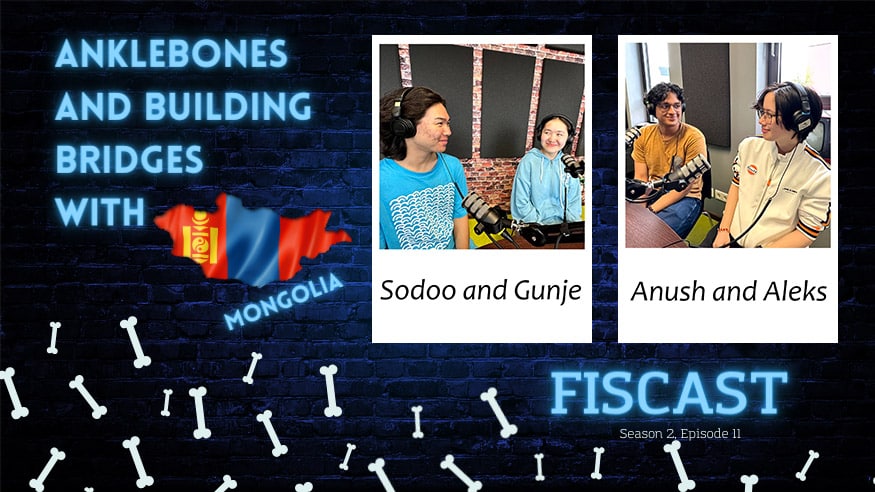At the FIS, we believe in celebrating student perspectives and achievements. In this student voice feature, we are delighted to introduce two G11 Theory of Knowledge (ToK) students: Charmita Vinnakota and Kate Gopalakrishnan Banupriya. Our conversation with them delved into the fascinating world of critical thinking and its intersection with artificial intelligence (AI).
Insights that Charmita and Kate shared on Critical Thinking and ToK:
When asked about the connection between ToK and critical thinking, Kate eloquently expressed, “In ToK, we don’t just passively absorb knowledge like in other classes; we analyze how we know what we know and its validity. We also delve into the knowledge held by individuals and technology. This interdisciplinary approach cultivates a comprehensive understanding of various areas of knowledge.” Charmita further emphasized the value of ToK assessments in honing critical thinking skills. She shared, “The assessments challenge us to take abstract concepts and find their relevance in our daily lives. Initially, it was difficult, but it trained my mind to look for connections and ask ‘why.’ It’s about expanding our understanding and applying knowledge in meaningful ways.”
Here are their thoughts on the topic of exploring AI and critical thinking:
Discussing the role of critical thinking in the context of AI, Kate highlighted the importance of ethical considerations. She cautioned, “If we’re not cautious about the knowledge we acquire from AI or the information we feed it, it can have negative consequences. ToK equips us with the skills to discern trustworthy information and make ethical decisions in this realm.” Charmita emphasized the unique contribution of human thinking to AI. She noted, “AI relies on critical thinking as it processes objective information, but it lacks the subjective and emotional thinking that humans bring to the table. We can interpret the same data in multiple ways, and that’s where our value lies. AI needs human assistance to add the subjective layer to its objective framework.”
In conclusion, the conversation with Charmita and Kate was inspiring through their genuine enthusiasm and insightful perspectives. They personified the importance of nurturing critical thinking skills in students, empowering them to embrace the future with confidence and adaptability. With their curiosity and empathy, they hold the key to unlocking the potential of critical thinking and AI as powerful catalysts for positive change in our world.
If you want to get more insight about ToK, visit the ToK Fair on May 22, 11:00 to 12:45 at the Aula. Parents, teachers, and the whole FIS Community are welcome to attend.
More information about ToK and its role in the curriculum can be found in this link.





